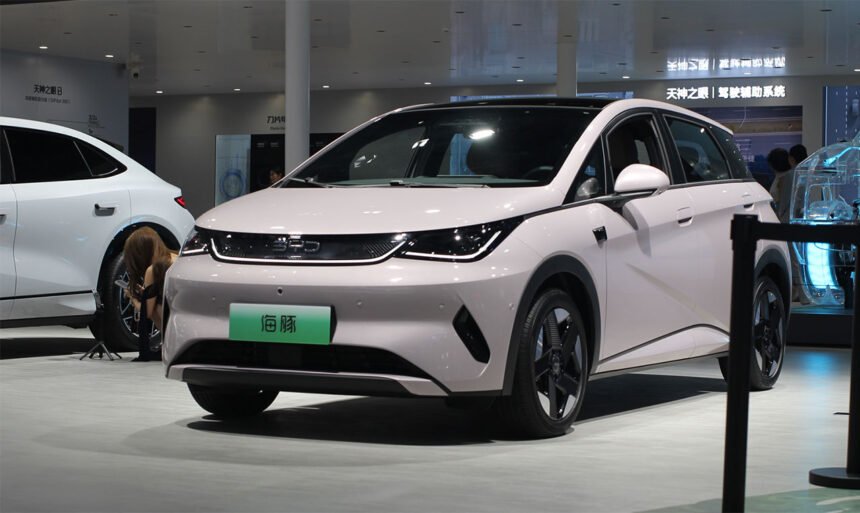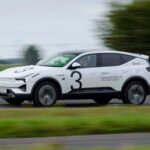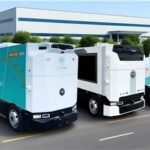BYD, a leading Chinese automaker, has been making waves in the smart driving industry with its advanced technology and innovative systems. Currently, the company’s smart driving models primarily utilize its proprietary God’s Eye systems, setting a high standard for driver-assistance technology in the automotive market. However, BYD’s sub-brand Fang Cheng Bao has also integrated Huawei’s Qiankun system into some of its models, showcasing a collaborative approach to technological advancement.
According to recent data released by BYD, vehicles equipped with driver-assistance systems have exceeded 1.2 million units, marking a significant milestone for the company. These vehicles collectively generate an impressive average of over 72 million kilometers of driver-assistance data daily, highlighting the widespread adoption and usage of smart driving technology in BYD vehicles.
In July alone, BYD sold a total of 228,215 vehicles equipped with smart driving systems in China, representing a substantial 87 percent of the total sales of vehicles with driver-assistance systems in the country. This strong performance underscores the growing popularity and demand for smart driving features among Chinese consumers.
BYD’s God’s Eye system is segmented into three levels – A, B, and C, each offering varying levels of functionality and sophistication. The highest-end God’s Eye A system is currently exclusive to the ultra-luxury sub-brand Yangwang, with 320 units sold in July. Meanwhile, vehicles from the Dynasty and Ocean series equipped with God’s Eye B and God’s Eye C systems collectively sold 204,838 units during the same period.
Fang Cheng Bao, BYD’s sub-brand, also made a notable contribution to the sales figures with 13,121 vehicles sold in July, featuring either the God’s Eye C or Huawei Qiankun ADS system. Additionally, the high-end sub-brand Denza recorded sales of 9,936 vehicles equipped with assisted driving systems in July, utilizing either the God’s Eye C or God’s Eye B system.
In a move towards further innovation, BYD recently introduced the new Yangwang U9 model, powered by four motors with a peak power output of 555 kW per motor, significantly surpassing the current U9 model’s 240 kW power output. This technological advancement underscores BYD’s commitment to pushing the boundaries of smart driving technology and setting new standards for the industry.
Overall, BYD’s continued success in the smart driving sector highlights the company’s dedication to innovation and excellence, solidifying its position as a key player in the rapidly evolving automotive landscape. With a strong focus on cutting-edge technology and customer satisfaction, BYD is poised to lead the way in shaping the future of smart driving technology.







